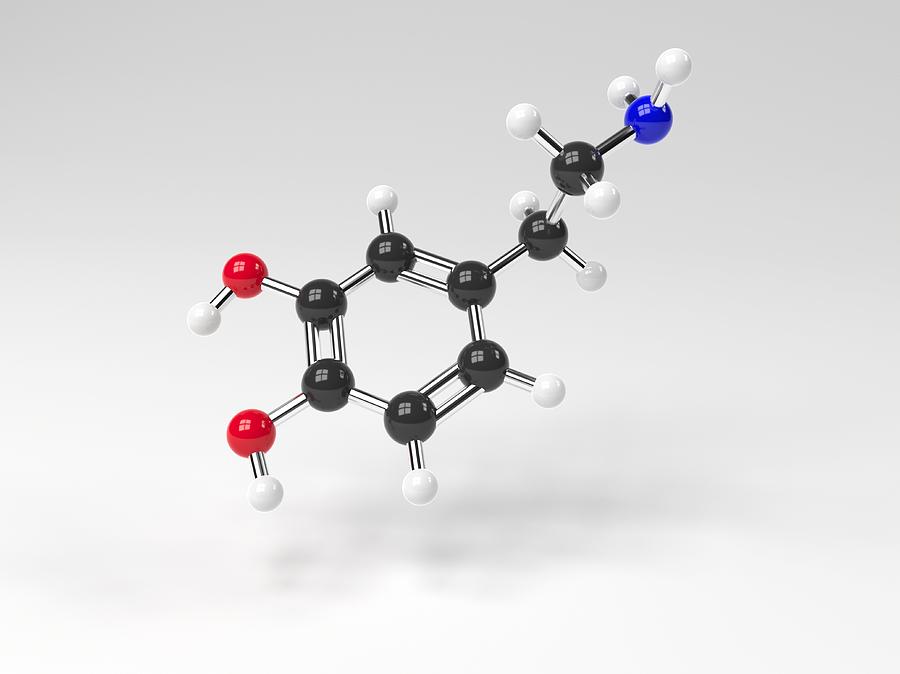Dopamine a neurotransmitter is why you get addicted to social media search engines and messaging it encourages you to search until you find instant gratification before you can stop

Dopamine: The Neurotransmitter Behind Your Social Media Addiction

In this digital age, it seems almost impossible to resist the allure of social media, search engines, and messaging apps. You find yourself endlessly scrolling through your Facebook newsfeed, clicking on one search result after another, and constantly refreshing your messages. Have you ever wondered why it’s so hard to break free from these online platforms? The answer lies in dopamine, a powerful neurotransmitter in our brains that fuels addictive behaviors.
Dopamine is often referred to as the “pleasure molecule” or the “reward neurotransmitter” due to its role in feelings of pleasure, motivation, and reward. It is released by the brain when we engage in activities that bring us joy or satisfaction, such as eating a delicious meal, exercising, or receiving positive feedback. However, dopamine also plays a significant role in addiction, and it can be a driving force behind our compulsive use of social media, search engines, and messaging apps.
When you log into your favorite social media platform or start typing a search query, your brain anticipates the potential rewards - the instant gratification that awaits you. This anticipation triggers a release of dopamine, which creates a pleasurable sensation and reinforces the behavior. As a result, you feel compelled to continue searching, scrolling, and messaging until you find that immediate satisfaction.

The addictive power of dopamine is supported by research. A study conducted by neuroscientists at the University of California, Berkeley, found that dopamine levels spike when participants received positive feedback on social media platforms. This dopamine surge encourages individuals to seek further engagement, perpetuating a cycle of seeking and rewarding.
Additionally, the constant novelty and unpredictability of content on social media platforms and search engines provide the perfect breeding ground for dopamine-driven addiction. Each new post, search result, or message has the potential to offer an exciting reward or spark curiosity, triggering another dopamine release and reinforcing the addictive behavior.
Search engines, in particular, utilize algorithms designed to deliver personalized and relevant results based on individual preferences. This tailored experience keeps users engaged and incites them to continue searching until they find precisely what they desire. With each successful search, dopamine is released, reinforcing the behavior and further encouraging future searches.
The messaging aspect of these platforms provides another avenue for dopamine activation. Each notification, message, or response can trigger a sense of social reward, making us eager to check our messages repeatedly and eagerly await the next interaction. The intermittent reinforcement of receiving messages keeps us hooked, always seeking the next hit of dopamine.
Understanding the link between dopamine and addiction to social media, search engines, and messaging allows us to recognize the powerful influence it exerts on our behavior. By being mindful of our psychological response to digital stimuli, we can develop strategies to manage our usage effectively and cultivate a healthier relationship with these platforms. So, the next time you find yourself endlessly scrolling or searching, remember that it’s not just your willpower at stake – it’s also the chemical pull of dopamine. Stay aware, take breaks, and strive for balance in your digital life.
Source: The Dopamine-Seeking Reward Loop
Share
Related Posts
Quick Links
Legal Stuff

